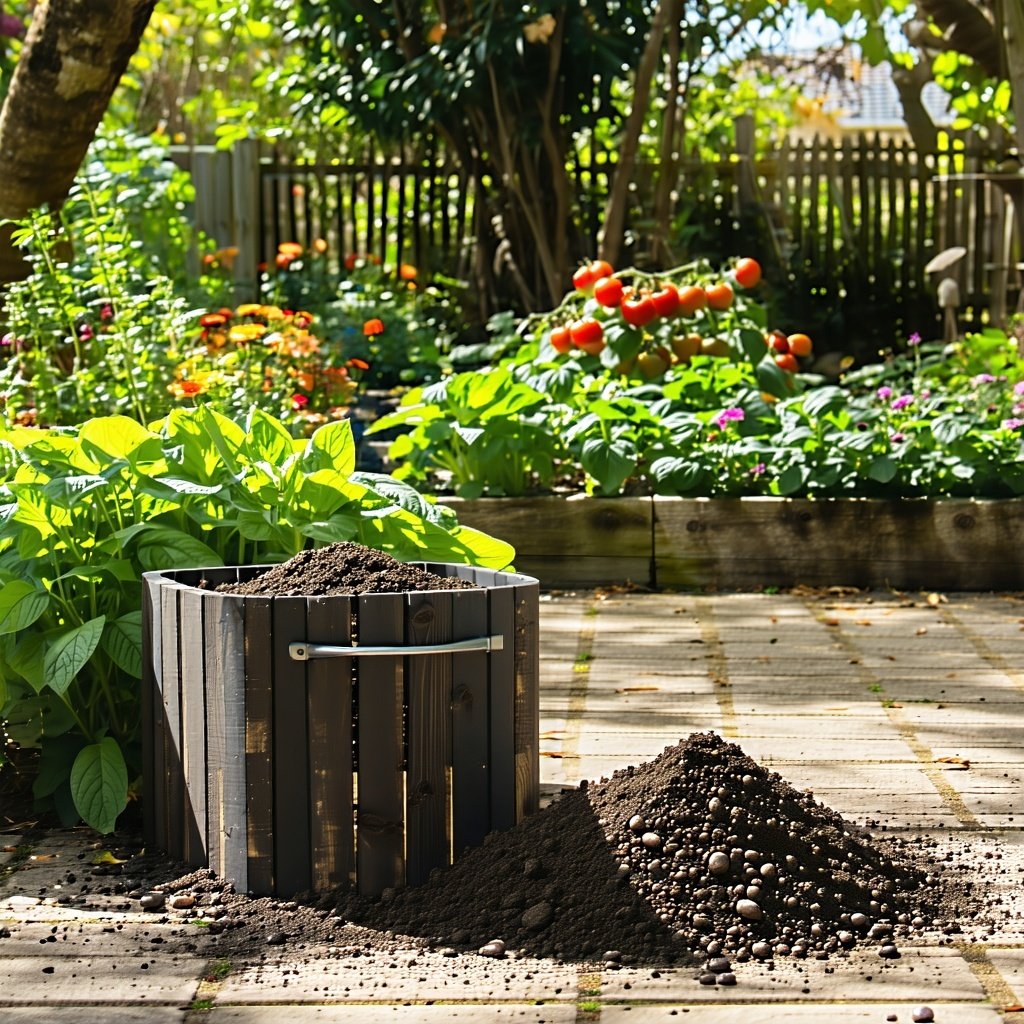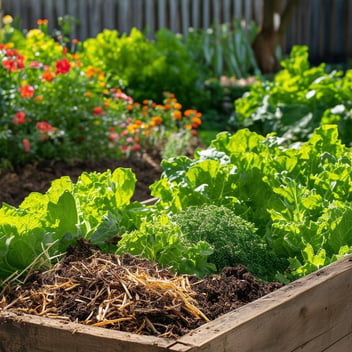Composting Companions: The Role of Worms in SEQ Gardens
In the lush landscapes of South East Queensland, where subtropical climates nurture diverse plant life, the role of worms in gardens extends beyond mere decomposition. These humble creatures are pivotal in transforming organic waste into nutrient-rich resources, fostering healthier soils, and promoting sustainable gardening practices.
Understanding Vermiculture
Vermiculture, the practice of cultivating worms for composting, involves using specific worm species to decompose organic matter efficiently. In SEQ gardens, red wigglers (Eisenia fetida) are the preferred species due to their voracious appetite for organic waste and their ability to thrive in the region's warm climate. These worms consume kitchen scraps, garden waste, and other organic materials, converting them into valuable compost known as vermicast or worm castings.
Nutrient-Rich Castings: The Garden Gold
Worm castings are a powerhouse of nutrients essential for plant growth. Rich in nitrogen, phosphorus, potassium, and trace minerals, these castings enhance soil fertility and structure. When incorporated into garden beds, they improve water retention, promote healthy root development, and increase microbial activity, all of which contribute to robust plant health and higher yields. Studies have shown that incorporating vermicompost can significantly boost plant growth and resilience.
Accelerated Decomposition
One of the standout benefits of vermiculture is the accelerated decomposition process. Worms break down organic matter more swiftly than traditional composting methods, producing finished compost in a matter of weeks rather than months. This rapid processing reduces the volume of organic waste, making it an efficient solution for gardeners seeking timely results.
Soil Aeration and Structure Enhancement
As worms burrow through the soil, they create channels that enhance aeration and drainage. This natural tilling process prevents soil compaction, allowing plant roots to penetrate more easily and access nutrients and water. Improved soil structure leads to healthier plants and reduces the need for mechanical tilling, which can disrupt soil ecosystems.
Environmental Benefits
Vermiculture offers significant environmental advantages. By diverting organic waste from landfills, it reduces methane emissions, a potent greenhouse gas. Additionally, the use of worm castings decreases the reliance on chemical fertilizers, promoting organic gardening practices that are better for the environment and human health.
Setting Up a Worm Farm in SEQ
Establishing a worm farm in SEQ is straightforward. Begin by selecting a shaded, well-ventilated area to house the worm bin. Use a suitable container with drainage holes and a lid to maintain moisture levels. Fill the bin with bedding materials like shredded newspaper or coconut coir, and introduce the worms along with kitchen scraps and garden waste. Maintain a moist environment, avoid overfeeding, and harvest the vermicast regularly to keep the system productive.
Conclusion
Incorporating worms into SEQ gardens through vermiculture not only enhances soil health and plant growth but also contributes to sustainable gardening practices. By embracing these natural composting companions, gardeners can create thriving, resilient ecosystems that benefit both their plants and the environment.




